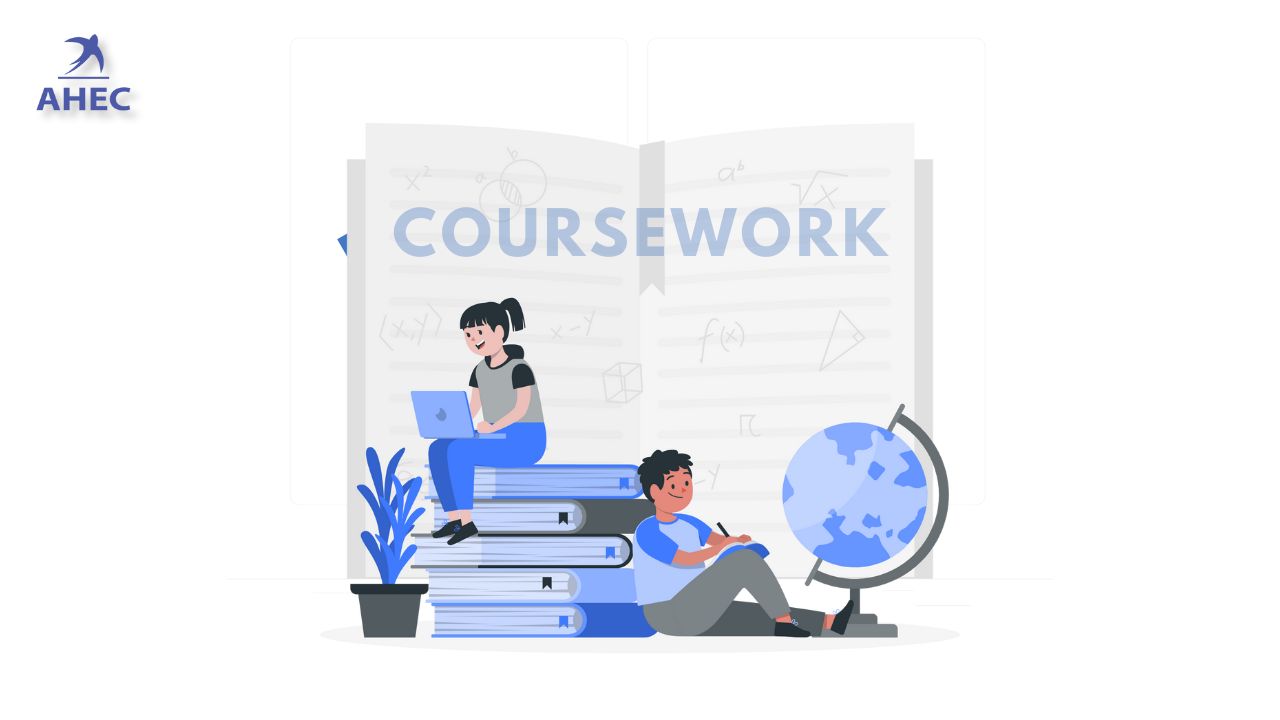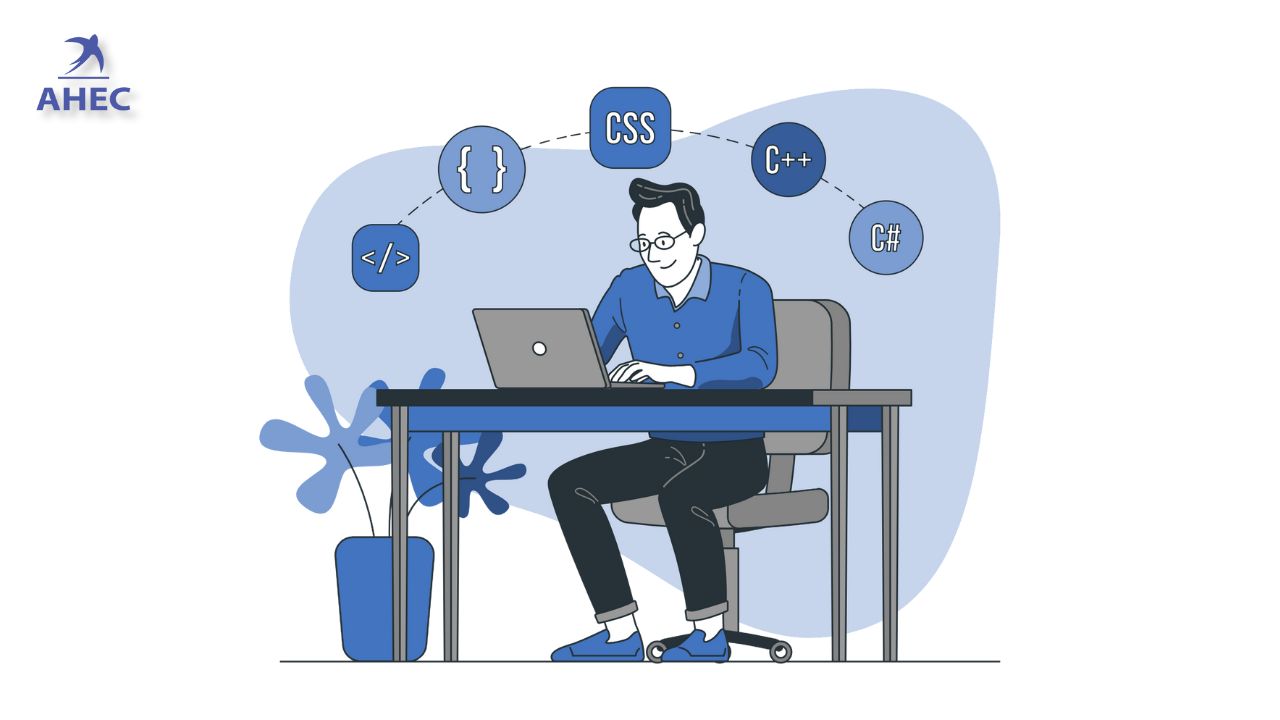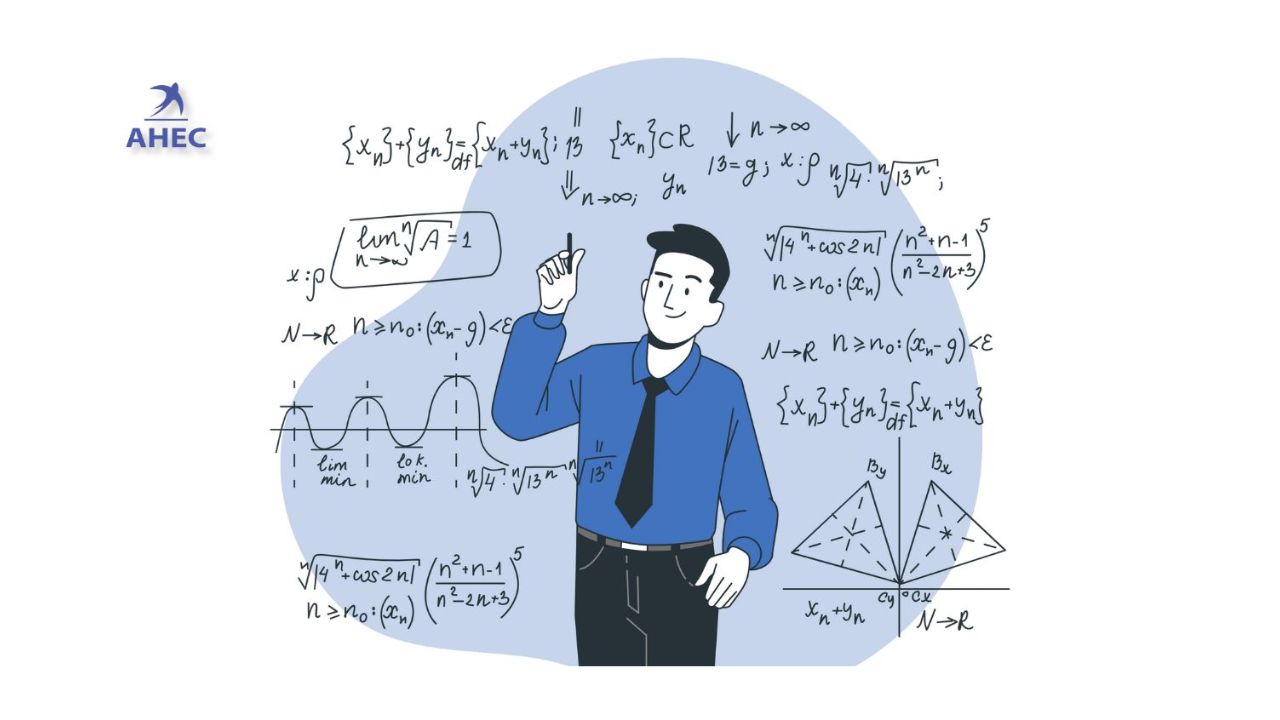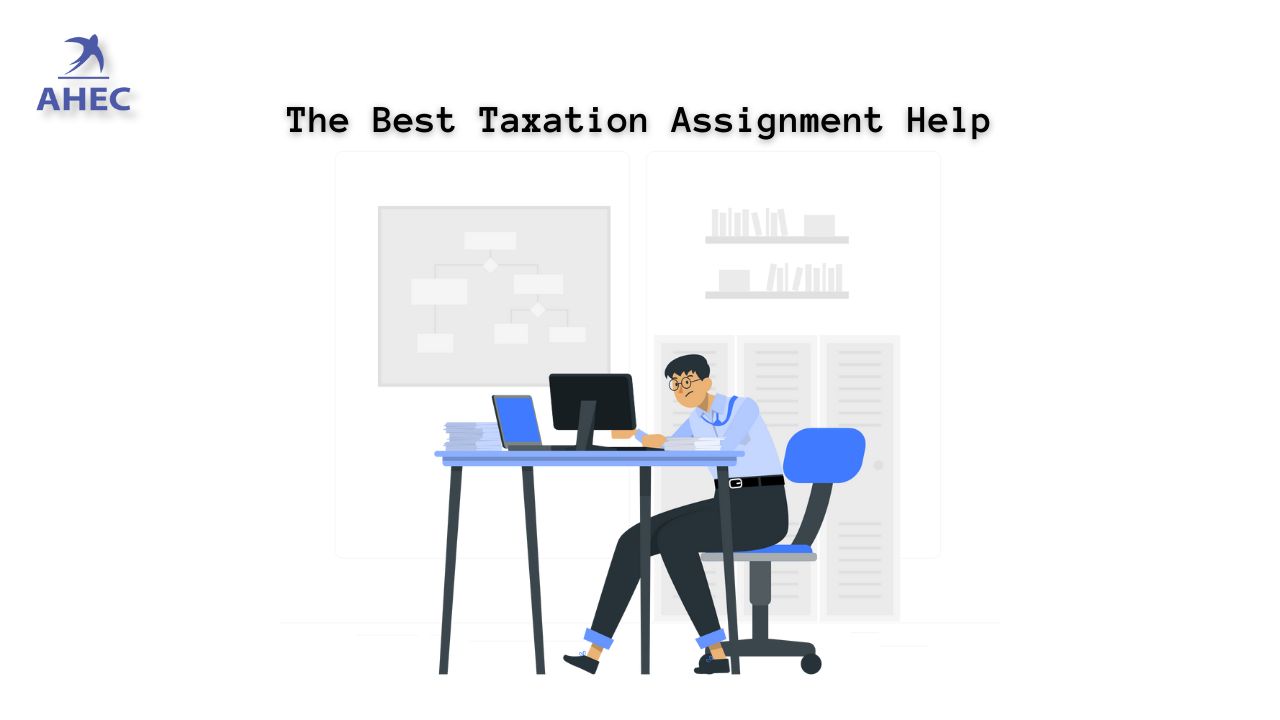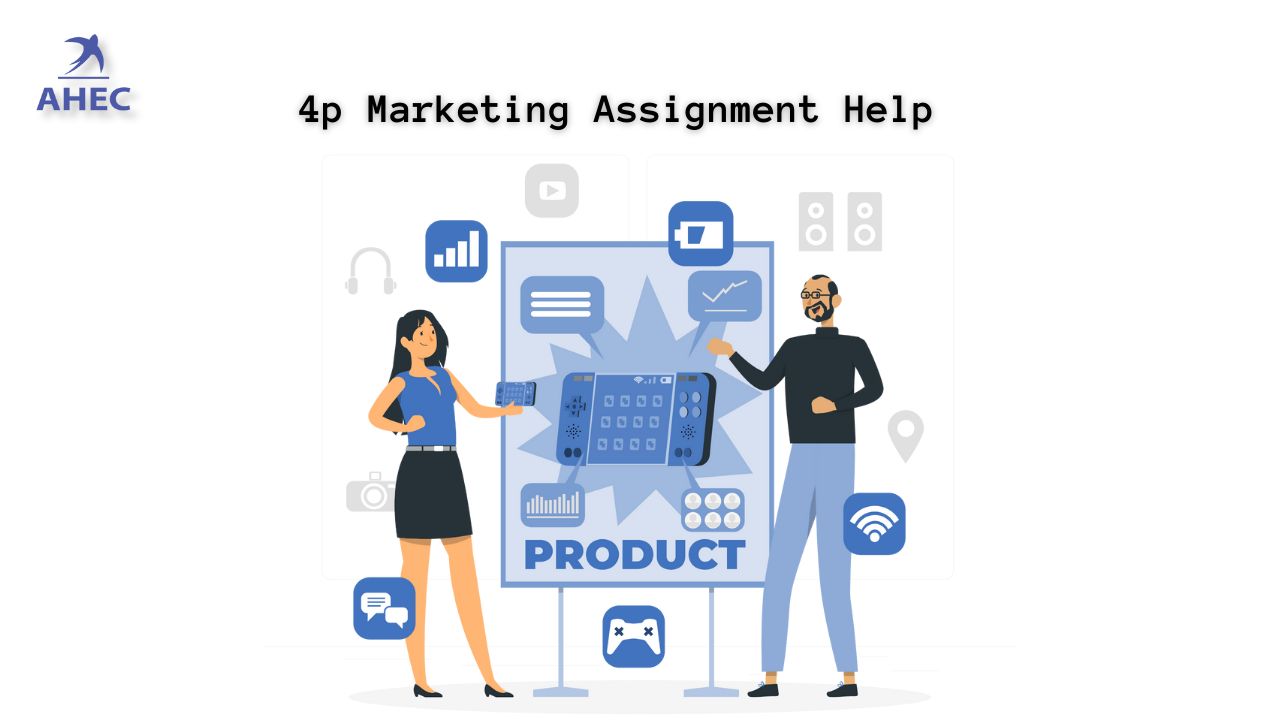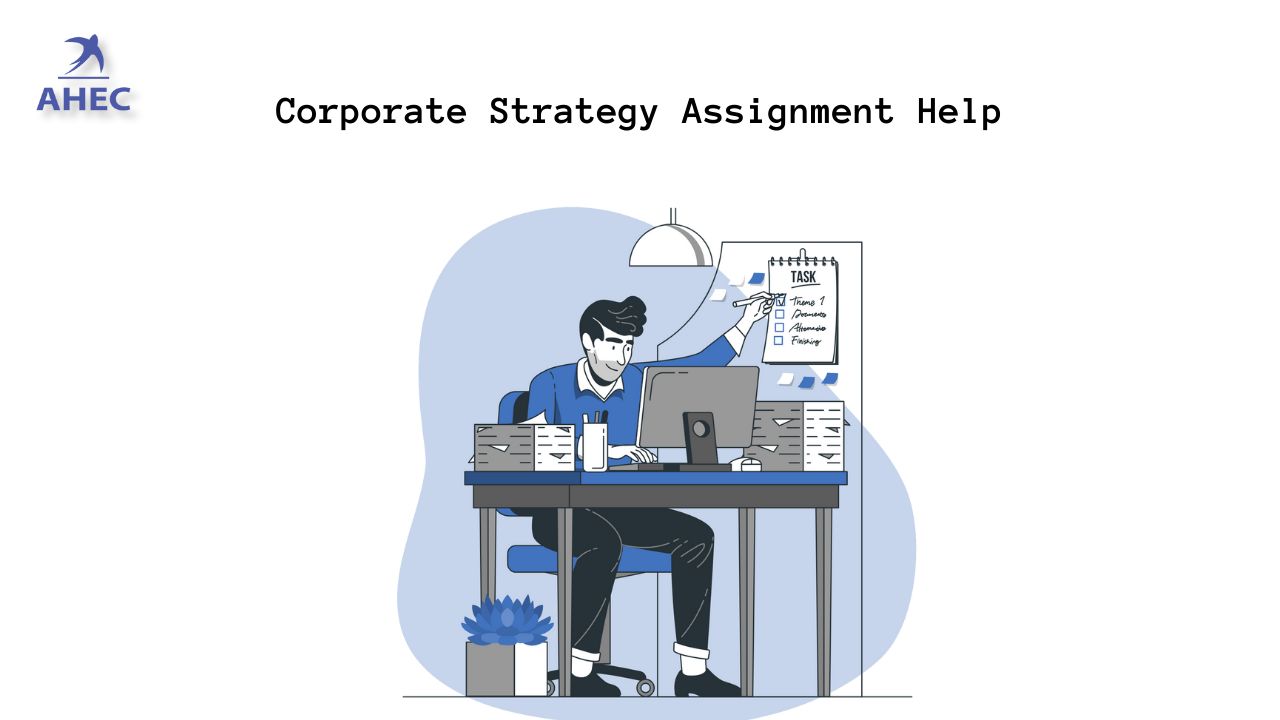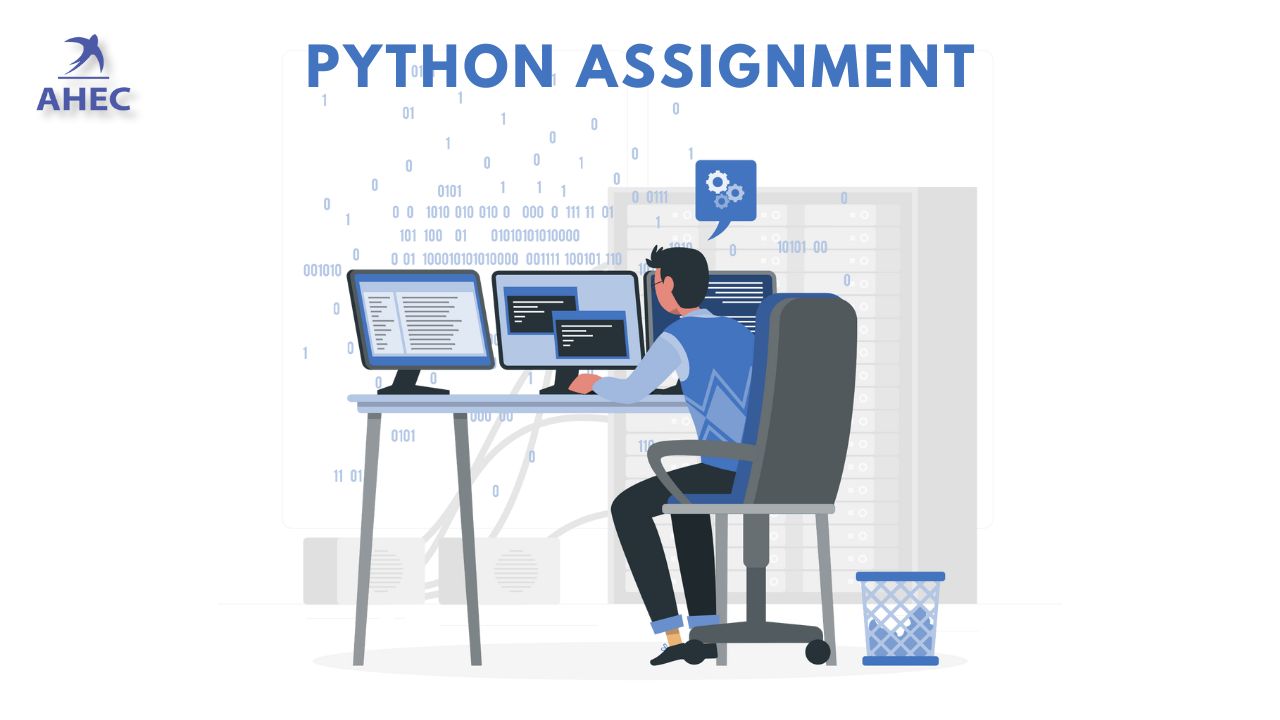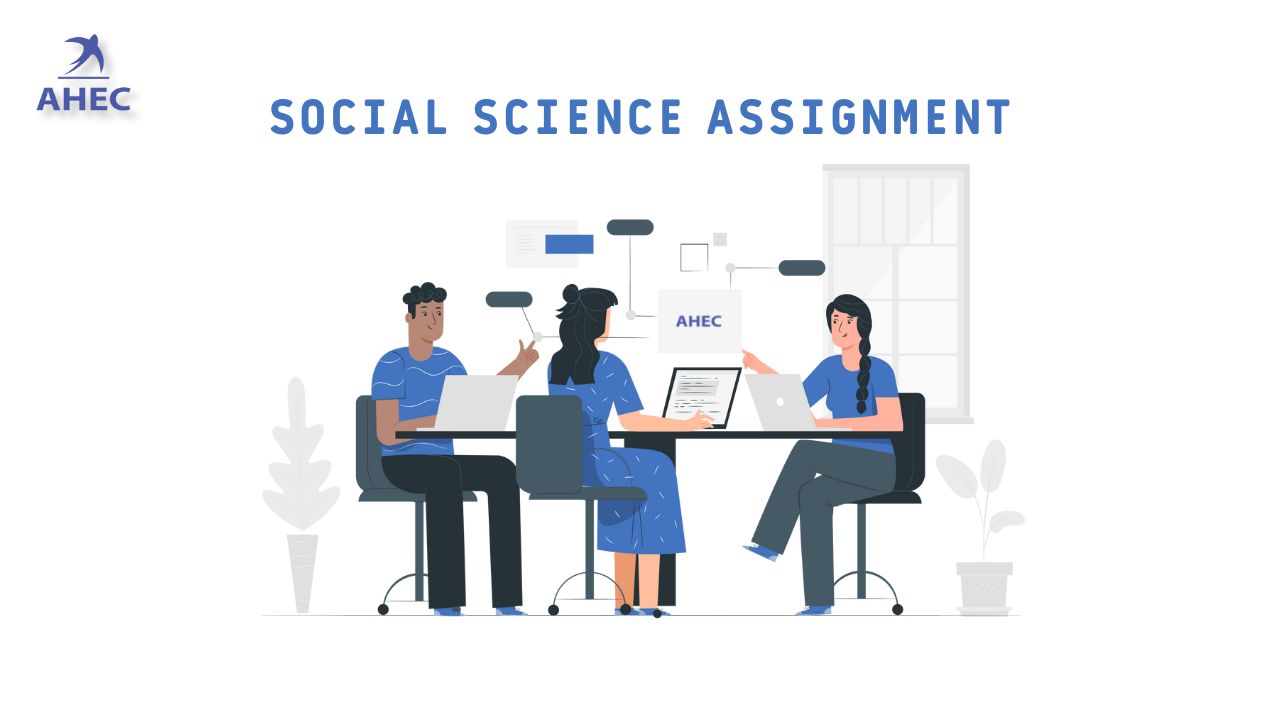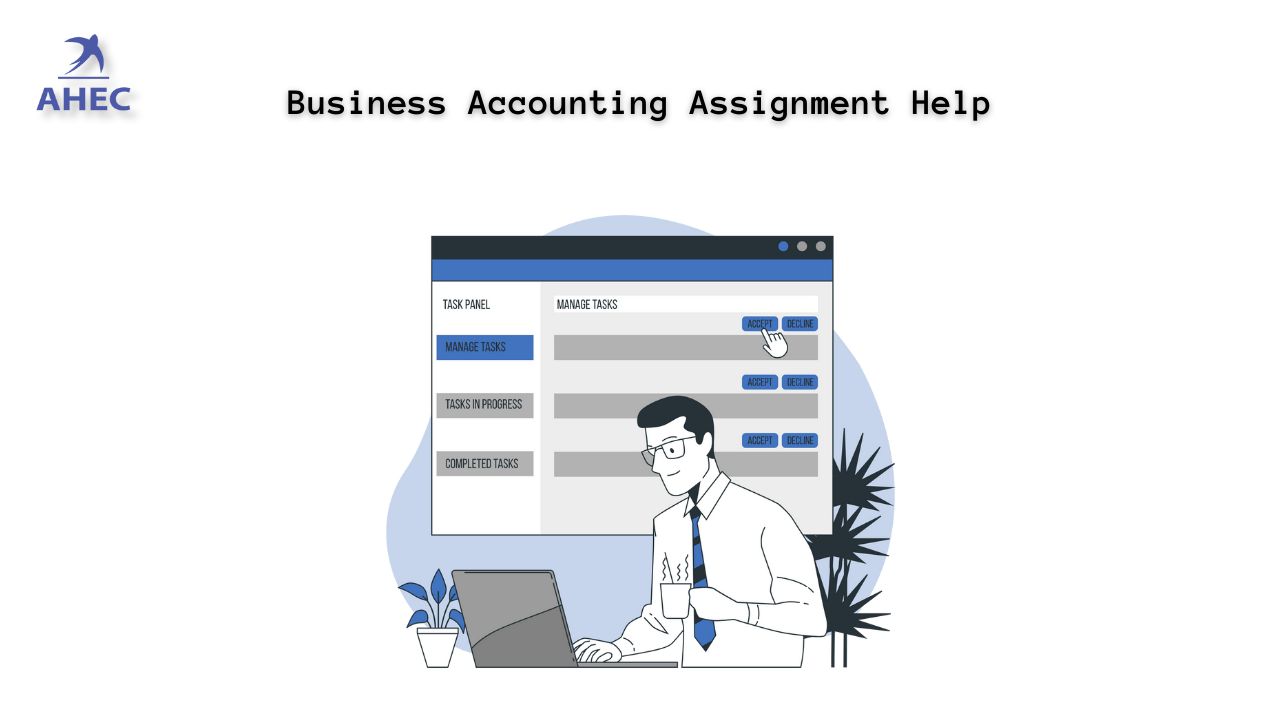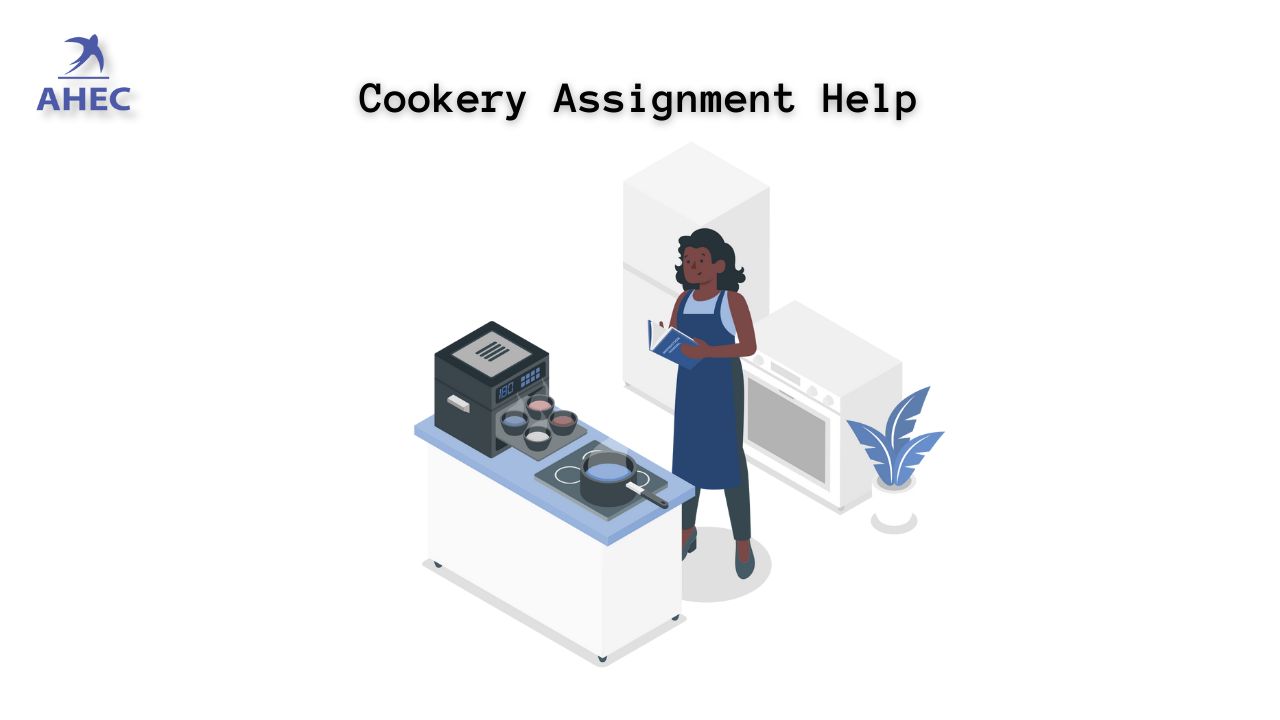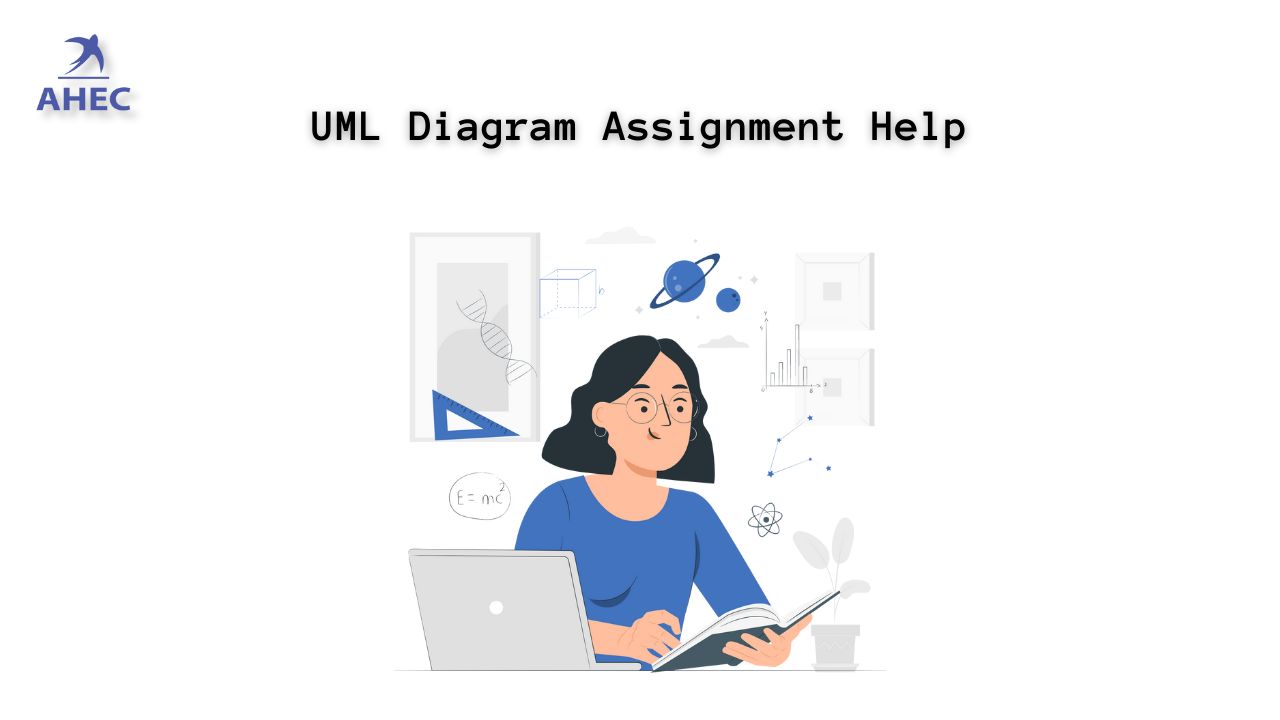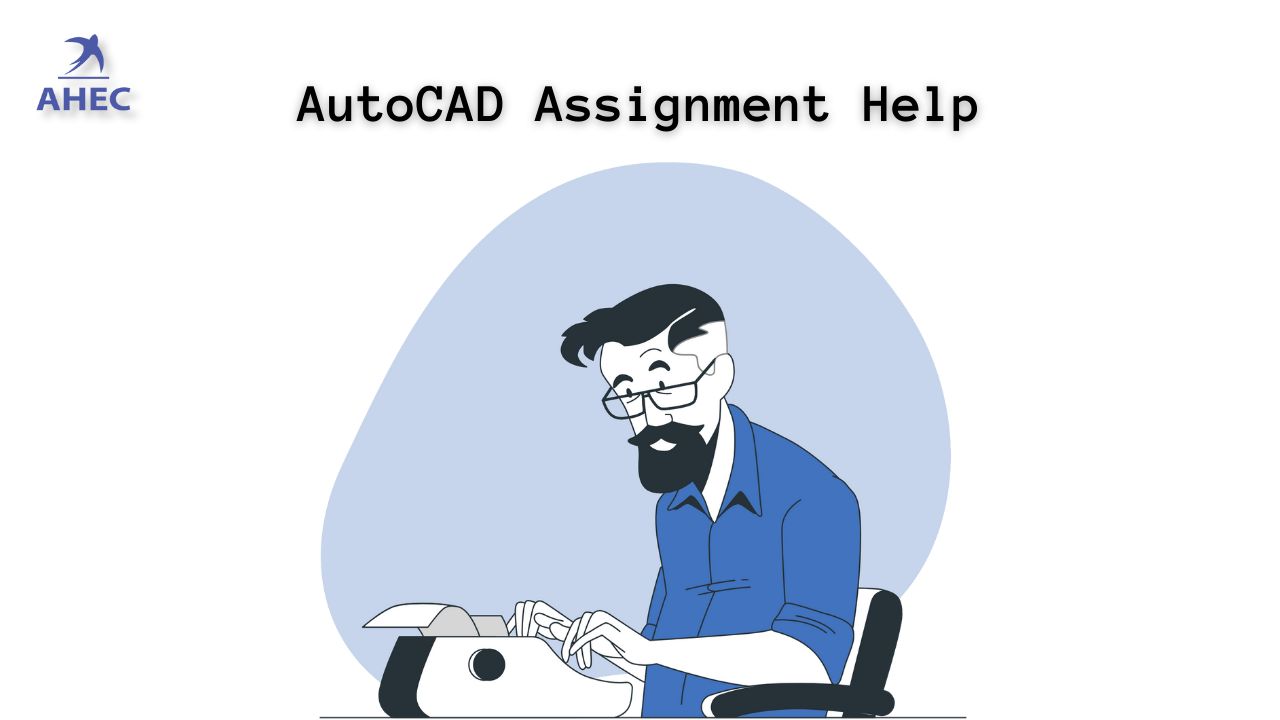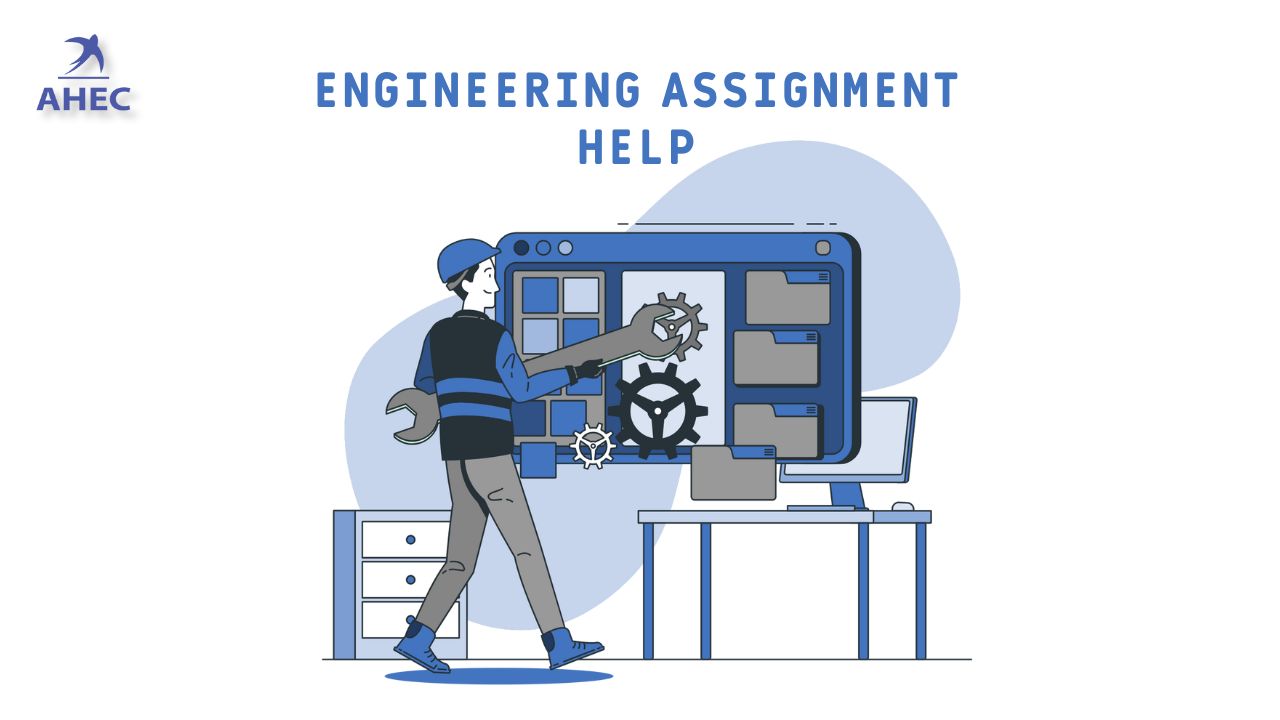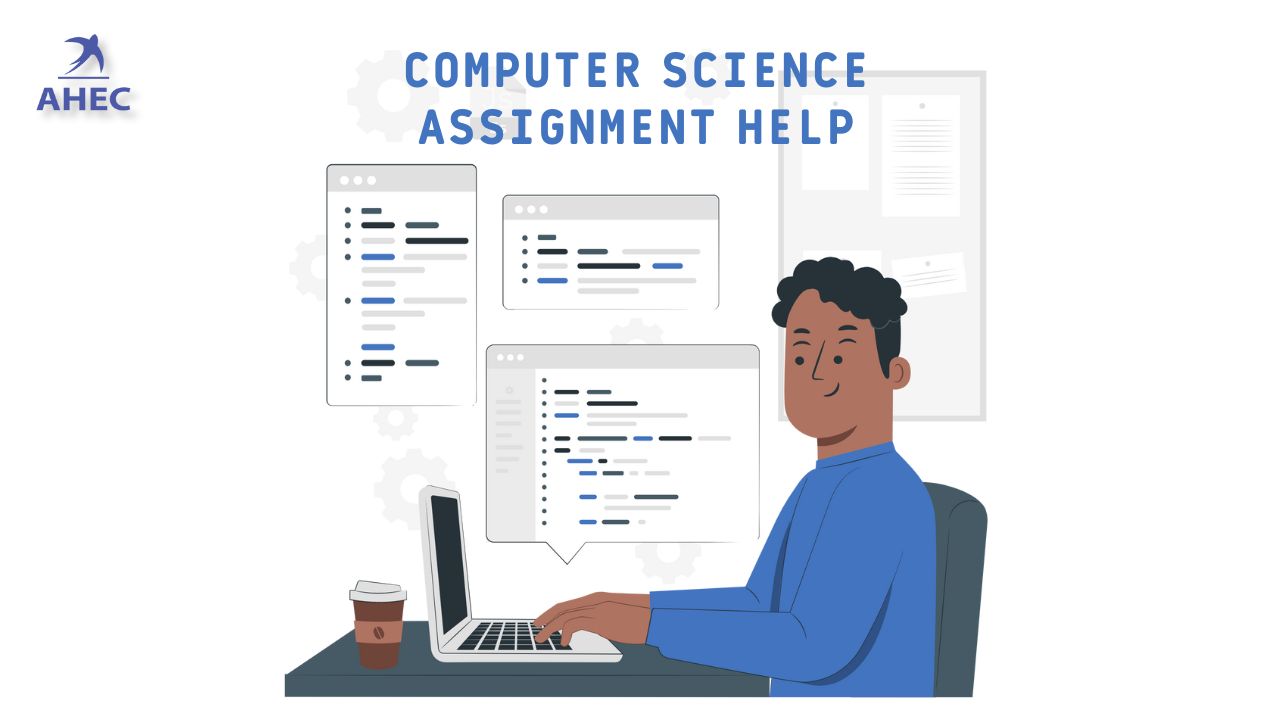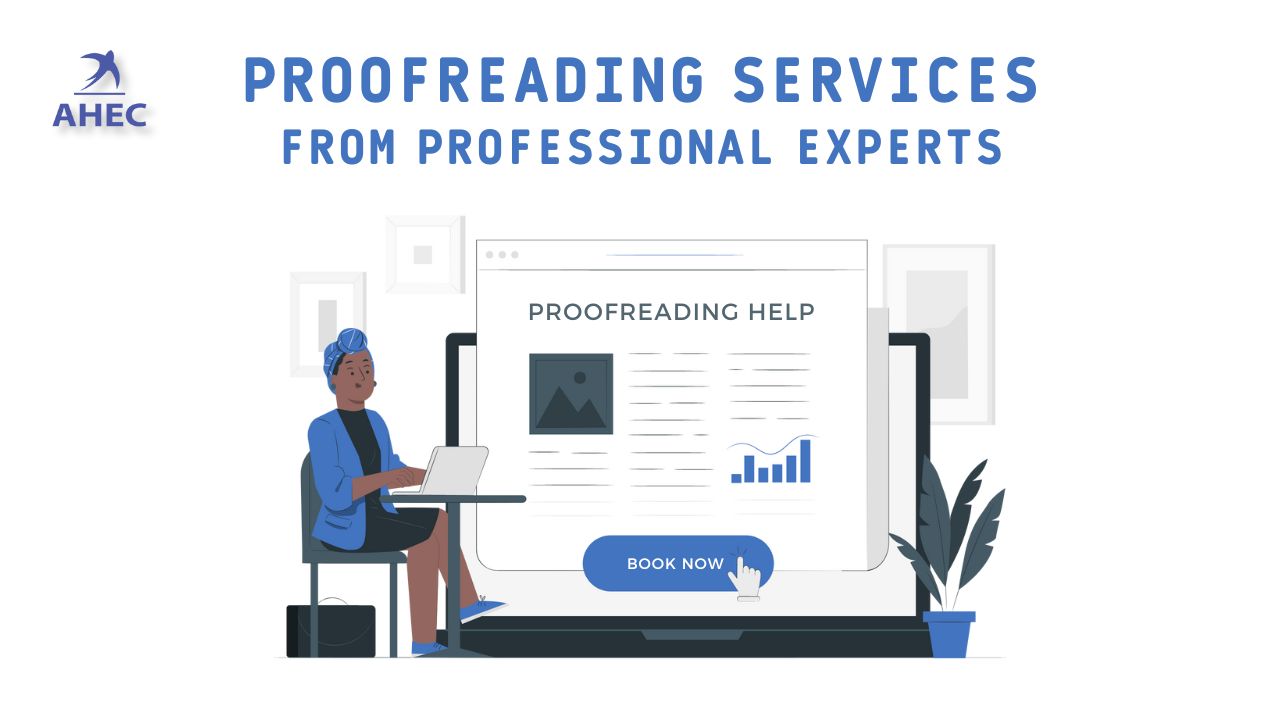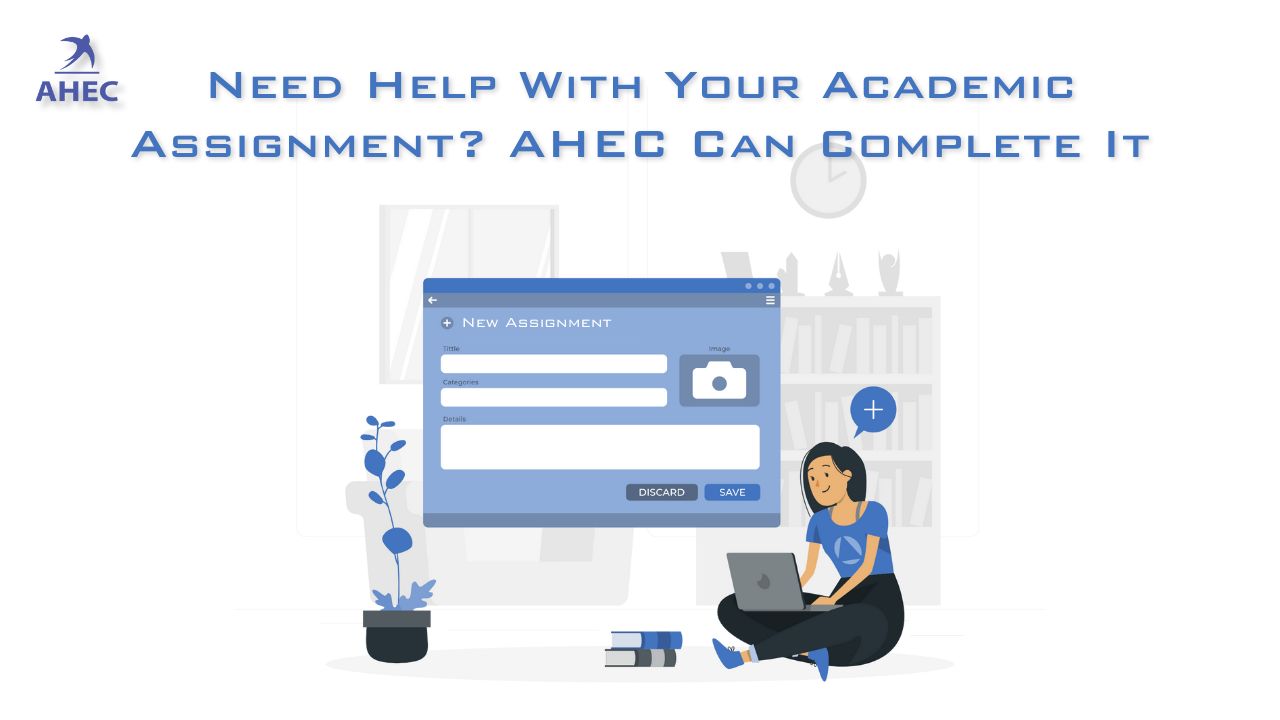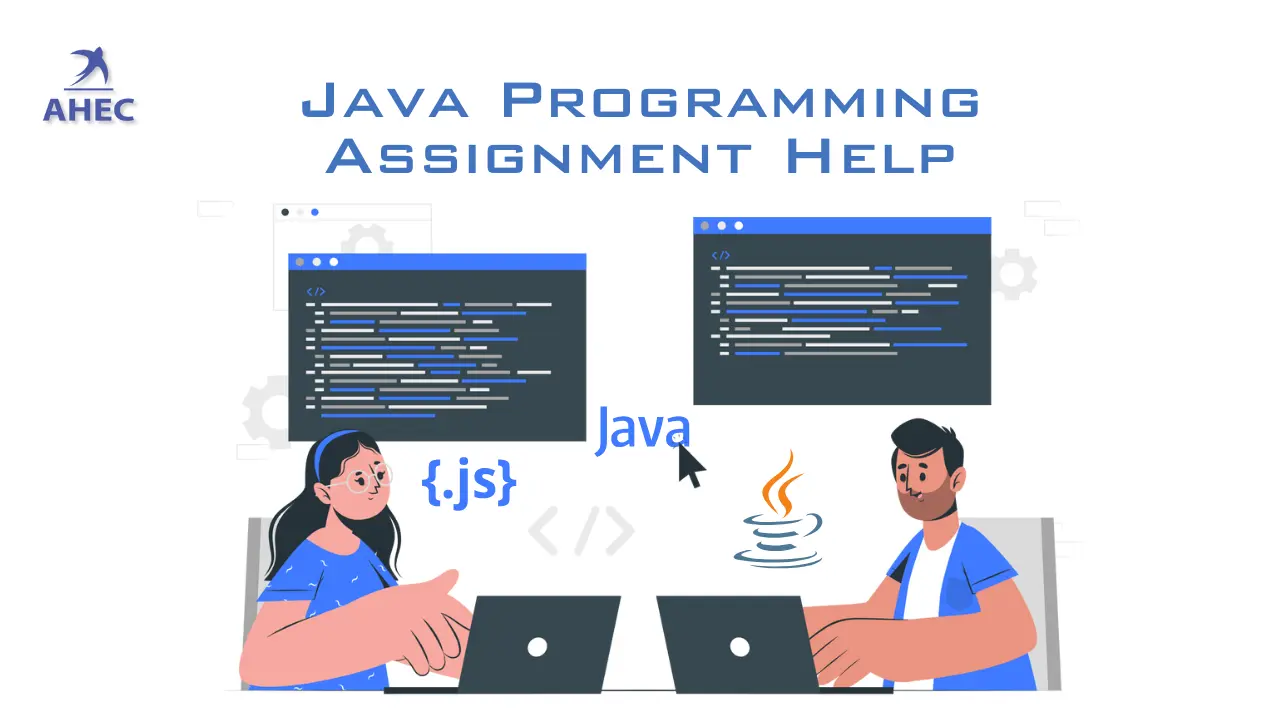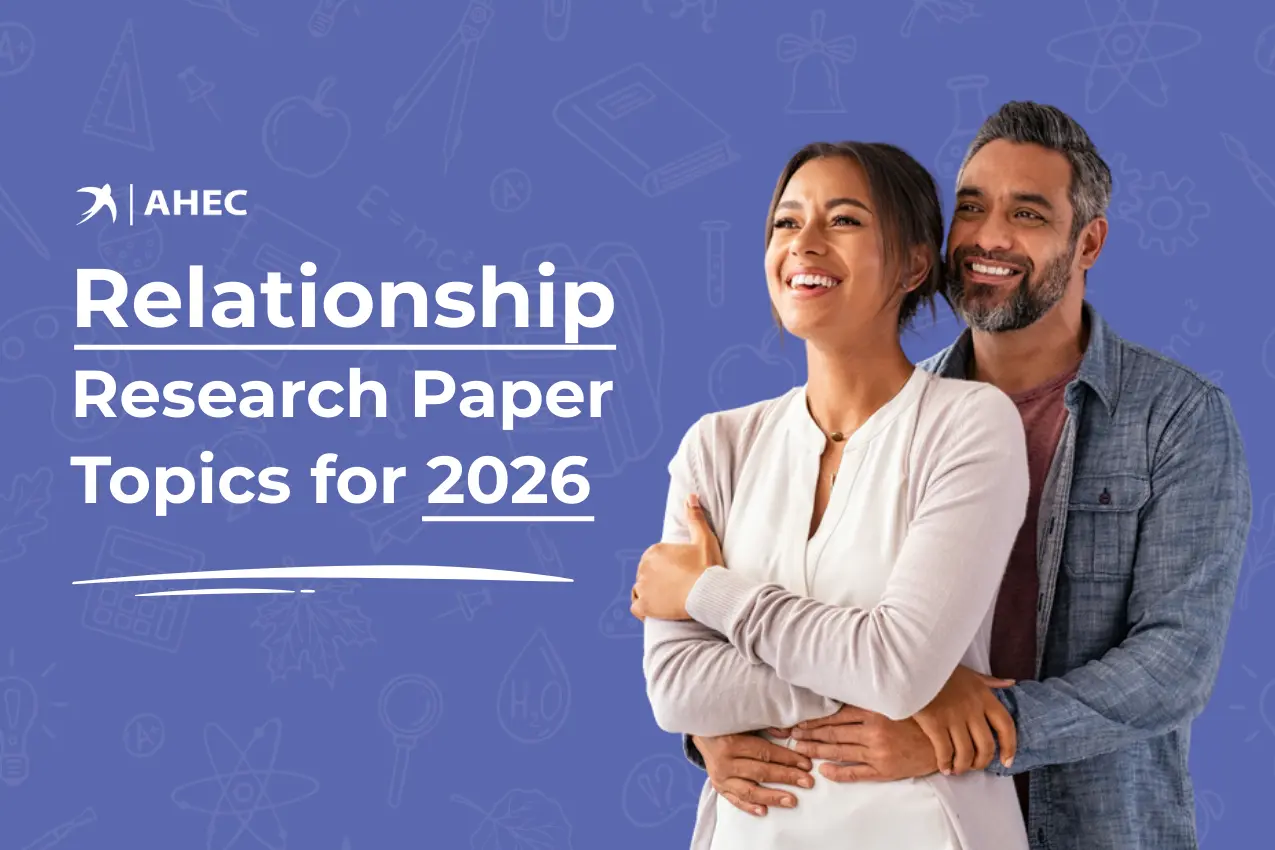The education system within the United Kingdom is a devolved matter, with each of the countries in the United Kingdom having separate systems under different governments. The UK Government is responsible for England and Wales. At the same time, the Scottish Government, the Welsh Government and the Northern Ireland Executive are responsible for Scotland, Wales and Northern Ireland and Northern Ireland, respectively.
For more information on the education system in each region, refer to:
- Education in England
- Education in Northern Ireland
- Education in Scotland
- Education in Wales
The Programme for International Student Assessment managed through the OECD currently ranks the total capabilities and knowledge of British 15-year-olds as the 13th best globally in literacy, reading as well as mathematics and science and the typical British student getting 503.7 which is higher than that of the OECD median of 493.
As of 2014, the UK was spending 6.6 per cent of GDP on all aspects of education. This is 1.4 percentage points more than the OECD standard, which is 5.2 per cent. In 2017 45.7 per cent of British aged 25-64 graduated from post-secondary education. 22.6 per cent of British individuals aged 25 to 64 earned a bachelor's level or more. Fifty-two per cent of British individuals aged between 25 and 34 had completed some kind of tertiary degree, around 4 per cent higher than the OECD average of 44%...
Stages
In each country, there are five different stages of schooling that include elementary, secondary, primary, further education (FE) and higher education (HE). The law says that full-time education is mandatory for all children aged between five years of age (4 in Northern Ireland) and 16 (the mandatory high school threshold (CSA). In England, compulsory educational or vocational training expanded to 18 in 2015. This full-time schooling does not have to be in schools, and some parents opt to teach their children at home. Before reaching the age of compulsory education, the children can be taught in the nursery school if parents want as the various authorities in education offer some type of universally accessible education to children as young as three years old. Old. Further education is not compulsory and is a non-advanced level of education that can be completed at higher (including higher) colleges for education and higher Educational Institutions (HEIs). The fifth level, Higher Education, is the study that goes beyond A levels, or BTECs (and their equivalents) that, for the majority of full-time students, occurs in colleges and universities as well as other higher education institutions and colleges.
The National Curriculum (NC), created in 1988, offers the framework for schooling throughout England as well as Wales between 5 to 18. While there is no requirement that following the National Curriculum is compulsory, certain Academies, private school home educators and free schools develop their curriculum. In Scotland, the closest equivalent to its curriculum is called The Curriculum for Excellence, as well as in Northern Ireland. There is something called"the Common Curriculum". The Scottish qualifications, the National 4/5s Highers, Advanced Highers and the National 4/5s are very like those in the UK advanced Subsidiary (AS) as well as the Advanced Level (A2) courses.
Teachers
Research conducted by Education Support Partnership suggests that 75% of teachers in schools and college lecturers are affected by stress at work. The increased pressure of exams and marking causes teachers to work all day long. A lot of teachers are leaving the profession because of stress. The Government has failed to meet its goals for hiring secondary school teachers seven times consecutively. There was a dearth of maths sciences, science, physics computing, chemistry, as well as foreign languages teachers have been enlisted. Department of Education figures show that in 2019, there was an 85% increase in secondary school teachers needed. Schools hired 43 per cent of the physics teachers required in 2019, compared to 47percent in the previous year. Sixty-four per cent of maths teachers who were needed were recruited in 2019 after 71% of teachers were hired in 2018. Postgraduate trainees were hired at 29,580 in England in 2019 this year, which was a slight increase of 364 additional teachers; however, secondary school pupils will grow rapidly in the next couple of years. The DfE estimates growth of nearly 15% for students in secondary schools by the year 2027. This will mean an increase of approximately 400,000 students in English primary schools that are state-funded. Kevin Courtney of the National Education Union declared, "Pupil numbers in state-funded secondary schools have already increased by 150,000 since 2014. They will increase by another 1/3 of one million in the coming five years. While the trainee goals have been achieved, enrolment in teacher training programs is just the beginning. Teachers who are new to the profession require a dedicated program to develop into professional professionals. After we've invested in their abilities and experience, we should not lose their enthusiasm or expertise." Courtney maintains not enough is being done to keep new teachers. A third of them leave the profession after five years.
Inequality
In the year 2018, The Guardian commented that successful schools are more likely to select students from highly-achieving backgrounds. Students from poor backgrounds and those who are more difficult to teach are often placed in schools that perform poorly on the tests. Additionally, children from wealthy backgrounds are more likely to be in the top or exceptional schools, whereas children with disadvantages tend to be in schools that are inadequate. The gap between inequality and opportunity has been closing since 2015, with more students attending good or exceptional schools coming from all backgrounds. However, studies have shown that in the decade 2010-2020, the gap in spending between private and state schools doubled.
A report from 2016 by the Equality and Human Rights Commission stated that racial inequalities exist within the Great Britain education system. It was determined that 6 per cent of Black school students went on to a Russell Group university, compared with 12 per cent of mixed race as well as Asian school leavers and 11 per cent of white school graduates. The year 2009 saw the study determined that the predicted white students' A-level grades were accurate by 53 and Black students received predicted grades which were 39.1 per cent exact. Black pupils are most likely to be given under-adjusted grades from their teachers. It was discovered that 7.1 per cent of Black students got higher grades than 6.6 per cent for White pupils, 6.5% for Asian students, and 6.1 per cent for mixed students. In 2018 the majority of teachers at public schools that were funded by the state located in England, 14.1%, were of BAME groups.33.5 per cent of pupils in primary school pupils and 31.3 per cent of secondary school students in England were members of BAME groups. In 2021, it was stated that white students who qualify for free school meals did not perform as well as the general number of pupils who are eligible.
Further education
Further education (FE) is a term used to describe post-secondary education within England or Wales. FE offers a variety of courses of apprenticeships and study that include A-levels and BTEC, NVQ, and others that range from entry-level to the highest stage (3 comparable to A levels), which leads towards higher learning. The sixth form is the post-16 studies completed after having completed GCSE (General Certificate of Secondary Education) in school. Academic further education is typically provided by sixth form colleges or 11-18 schools with an associated sixth form. Further education colleges generally offer the broadest curriculum and provide more vocational training, but they are not restricted to it. Tertiary colleges offer both academic and vocational programs.
Higher education
In the United Kingdom, higher education is provided by universities as well as non-university institutions (colleges, institutes, schools, and academy schools) and offers research-based as well as higher-level professional training. Universities offer degree programs which culminate in an academic degree (bachelor's, master's, master's or doctoral degrees) and non-degree courses that can lead to a professional certification such as a diploma or certificate. British universities are appreciated across the world for their high quality and strict academic standards. The reputation that comes from British higher education stems from its alumni of famous institutions. Famous people who have achieved the top of the heap in their areas have come from British university education. Britain hosts many of the world's most renowned institutions of higher education and is ranked as one of the top universities around the globe. Schools like that of the University of Cambridge, the University of Oxford, Imperial College London along with The University of L always are among the top 10 universities.
The entry requirements
Students who take the GCSE generally take between 20 and 25 exams and require nine GCSEs. A majority of students take Maths, English literature, English Language and double science. These subjects add up to five GCSEs. The students typically complete additional 4 GCSEs across a range of diverse disciplines. Exams at the end of the year mark eleven years of compulsory schooling. The General Certificate of Secondary Education (GCSE) is presented for every subject that has been passed. World Education Services issues a high school diploma upon the assessment of the minimum requirement of three GCSEs. The pre-university program within the United Kingdom is a two-year secondary school program that culminates in a new set of exams which is known as the General Certificate of Education, Advanced Level (also known as GCE A-levels). Similar to the GCSE, students who sit for the test choose the subjects they want to study and also the number of exams (the average was three). WES offers undergraduate credits according to the nature and the number of subjects that students have passed. Each university has its admissions policy as well as the minimum requirements for entry into the specific higher education course that they offer. The General Certificate of Education Advanced Level (GCE "A Levels") is an entry requirement for universities within the United Kingdom and many other universities around the globe. Students who want to pursue higher education usually enrol in further education and pre-university programs, like the GCSE students taking the test to choose their subject of interest, as well as the number of tests. The majority of students study three subjects, and the WES offers undergraduate credits dependent on the type and amount of subjects taken. Bachelor's degrees at minimum require between two and three GCE A Level passes as well as a minimum number of GCSE grades of C or higher.
Vocational
Education in the field of vocational and technical training throughout the United Kingdom is introduced during the school years of secondary and continues until the time of higher and further education. Secondary vocational training is called further education. It is distinct from secondary education and does not fall under the umbrella that is higher learning. Further education includes vocational-oriented education, and the combination that includes general secondary education. Students may also go to a higher education institution to prepare to take an exam called the Vocational Certificate of Education (VCE), which is comparable to the A-levels. A major provider of vocational certificates within the United Kingdom includes the City and Guilds of London Institute and Edexcel. Higher National Certificates and Higher National Diplomas usually require between one and two years of full-time studies. Credits from Diplomas or HNEs can be used towards the undergraduate level. Alongside these two degrees, HNC and HND students interested in other professional qualifications could pursue a Foundation Degree, which is a degree that prepares individuals to be extremely skilled techs. It is offered by the National Apprenticeship Service also offers vocational training whereby people who are age 16 or older take part in apprenticeships to master a trade. There are more than 60 qualifications that are available through apprenticeships, which usually last between 1 to three years. Trades apprentices are paid while they are in training. They also attend school for a day, and the remainder work in the field to improve their abilities. The level is a technical certificate that will be introduced in the autumn of 2020 to 2023. They aim to give the necessary knowledge and skills for learners to advance into skilled employment, pursue additional study, or an apprenticeship.
Funding
In 2015/16, it was reported that the UK spent PS3.2 billion on education for children aged under 5, PS27.7 billion on primary education, PS38.2 billion on secondary education, and PS5.9 billion on higher education. In the total amount spent by that, the UK invested PS83.4 billion in educational institutions (including PS8.4 billion in various categories).
The mental health of children and their consequences in schools
Health problems for youngsters within UK schools are rising due to social media, and pressure from schools' constraints on gender and austerity are the main culprits. Teachers' leaders claim they are overwhelmed and unable to deal with the pressure. Sarah Hannafin of the headteachers union, NAHT, stated, "There is a crisis and children are under an increasing amount of pressure ... Schools have a key role to play, and we are doing what we can, but we need more funding." Louise Regan of the National Education Union said, "Teachers are overwhelmed by the sheer number of students showingindicators of mental health issues She claimed that despite the dire need for funding for the wellbeing of children, pastoral and counsellor support services had been drastically curtailed. She added, "There is more focus on attainment measures rather than overall concern about the wellbeing of a child." Norman Lamb said the UK was experiencing an "intolerable crisis". Children were only given one life and one education. "When it's gone, it's gone, and that will leave a lifetime of damage ... We are failing an entire generation of young people." There was a demand for a shift in school and the way of life, with a shift in the focus away from tests towards wellbeing. All students will be educated on physical and mental well-being starting in 2020.




















